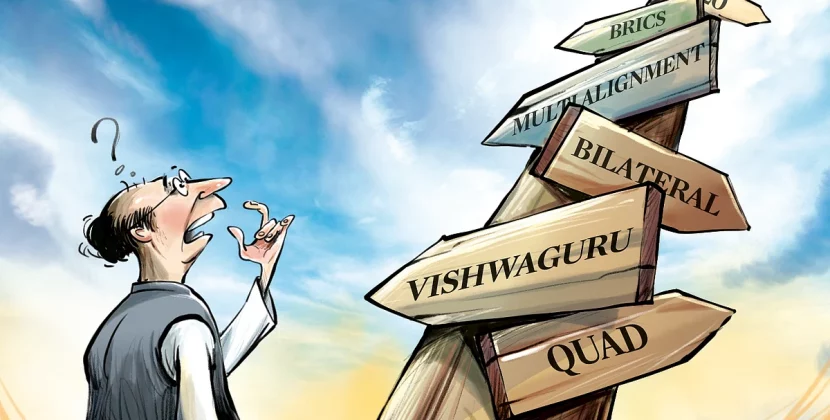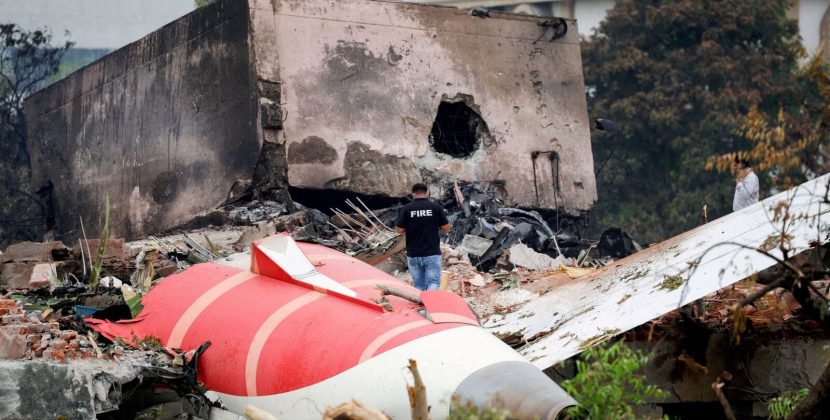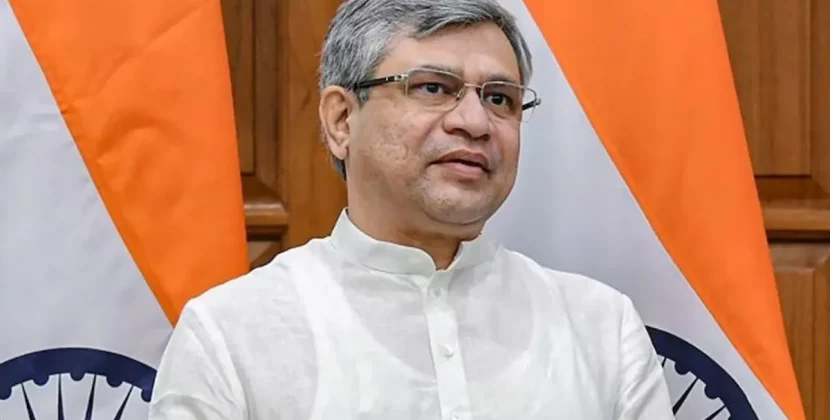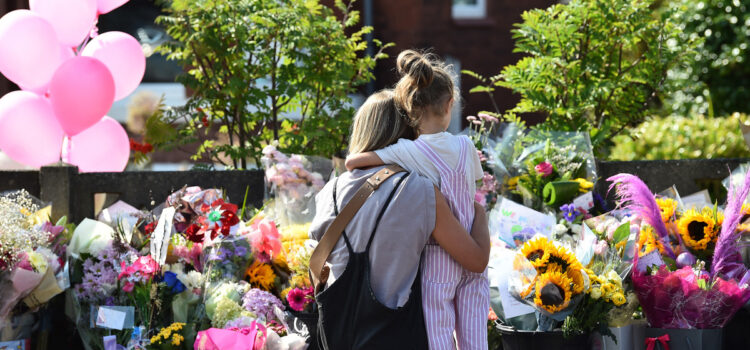
A British teenager on Monday unexpectedly pleaded guilty to charges of murdering three young girls in a knife attack in northern England in July, a crime that horrified the nation and was followed by days of nationwide rioting.
Axel Rudakubana, 18, changed his pleas from not guilty to guilty on what was due to be the first day of his trial at Liverpool Crown Court.
He pleaded guilty to the murder of Bebe King, 6, Elsie Dot Stancombe, 7, and Alice Dasilva Aguiar, 9, who were at a Taylor Swift-themed dance event being held for children in the summer vacation in the town of Southport last July.
Rudakubana also pleaded guilty to 10 charges of attempted murder relating to the attack, as well as to producing the deadly poison ricin and the possession of an Al Qaeda training manual.
Judge Julian Goose said he would sentence Rudakubana on Thursday and that a life jail term was inevitable. Goose noted that the victims’ families were not present to see Rudakubana plead guilty as the prosecution opening was not expected until Tuesday.
Rudakubana, who was 17 at the time of the incident, initially refused to speak when asked to confirm his name, as he had at all previous hearings which meant that not guilty pleas had been entered on his behalf in December.
But, after consulting with his lawyer, he confirmed he wished to change those pleas.
British-born Rudakubana was arrested shortly after the attack in the quiet seaside town north of the city of Liverpool.
Despite the discovery of the Al Qaeda manual, police have said the incident was not being treated as terrorism-related.
In the wake of the murders, large disturbances broke out in Southport after false reports spread on social media that the suspected killer was a radical Islamist migrant.
Those disturbances spread across Britain with attacks on mosques and hotels housing asylum seekers, with Prime Minister Keir Starmer blaming the riots on far-right thuggery. More than 1,500 people were arrested.











Comments